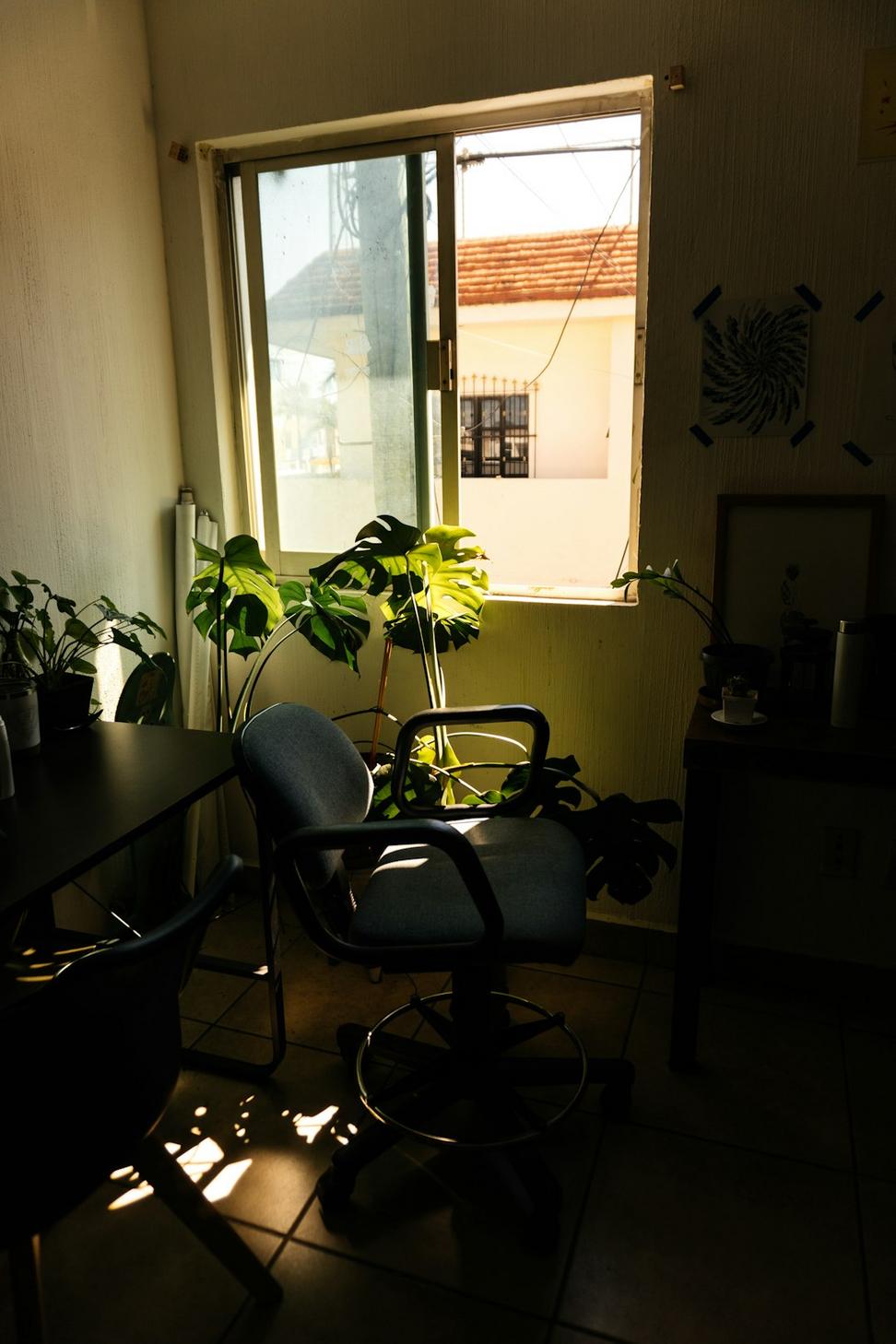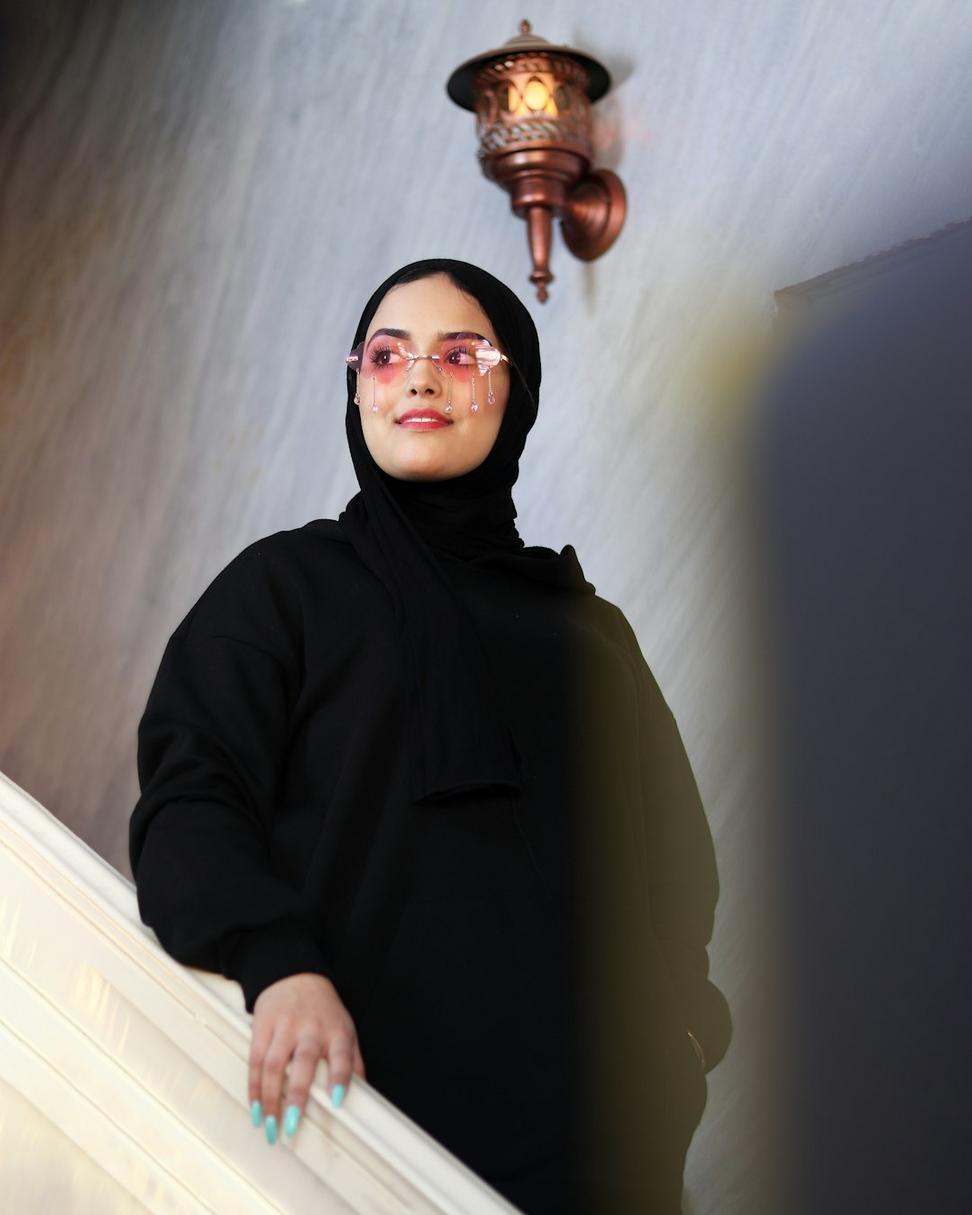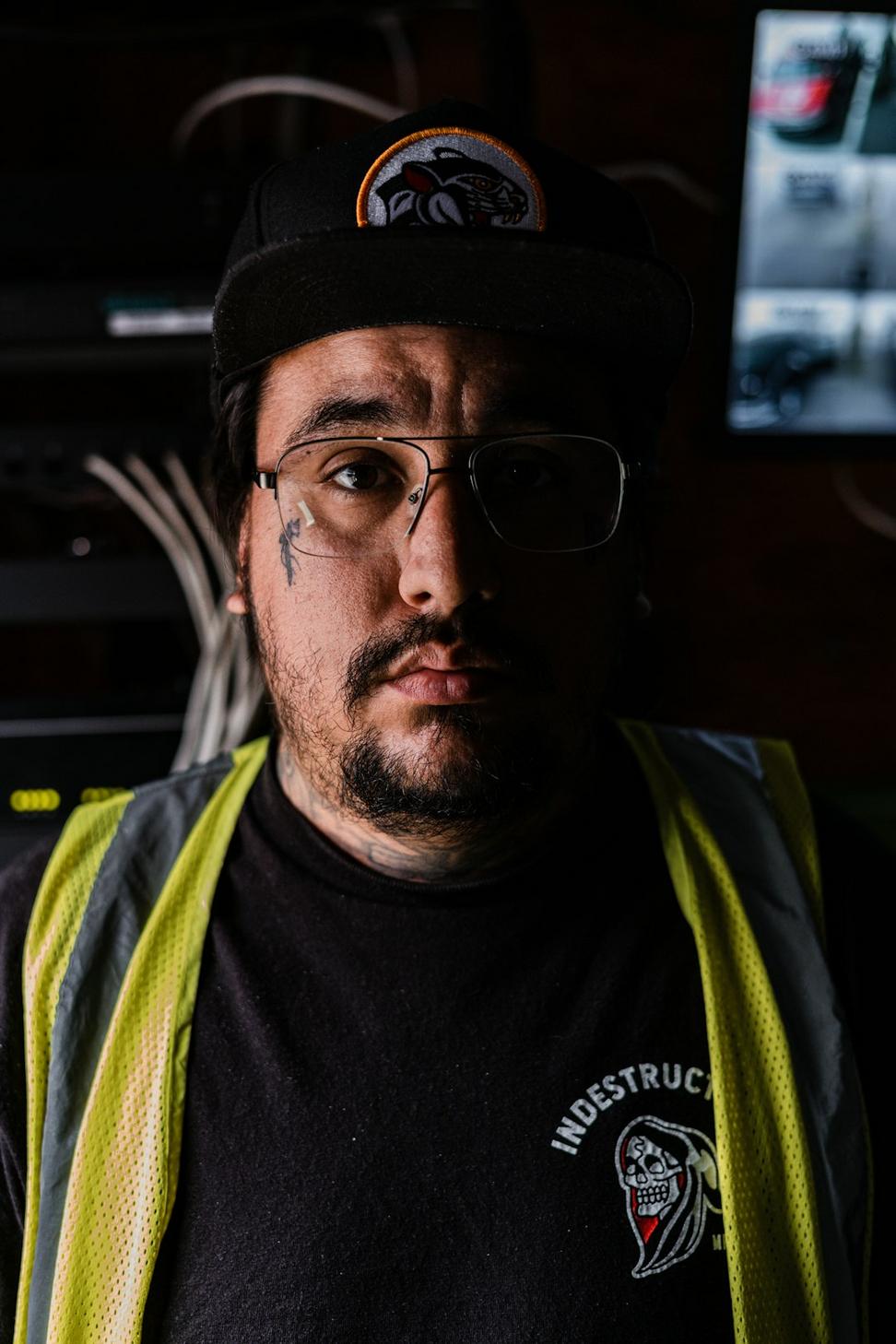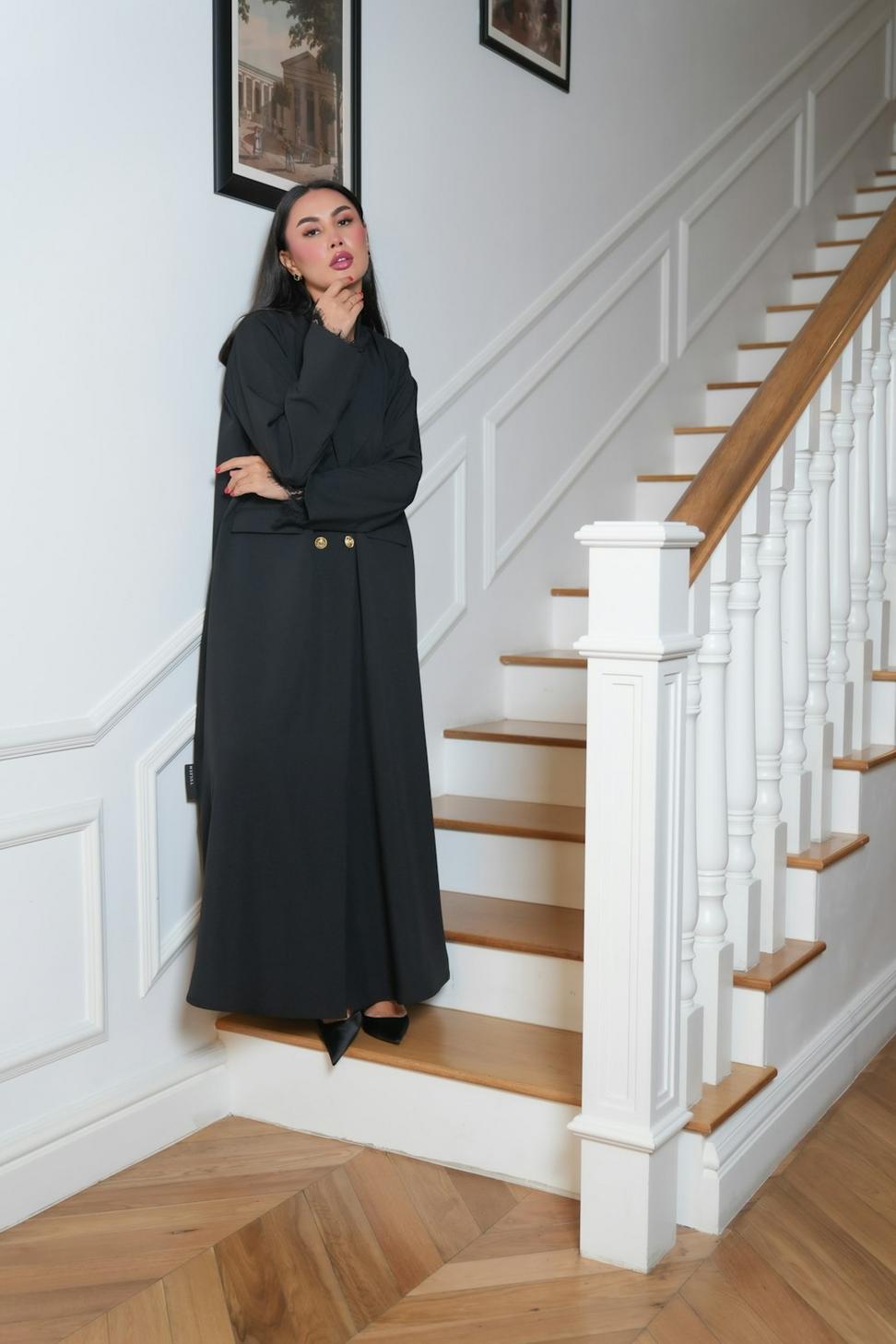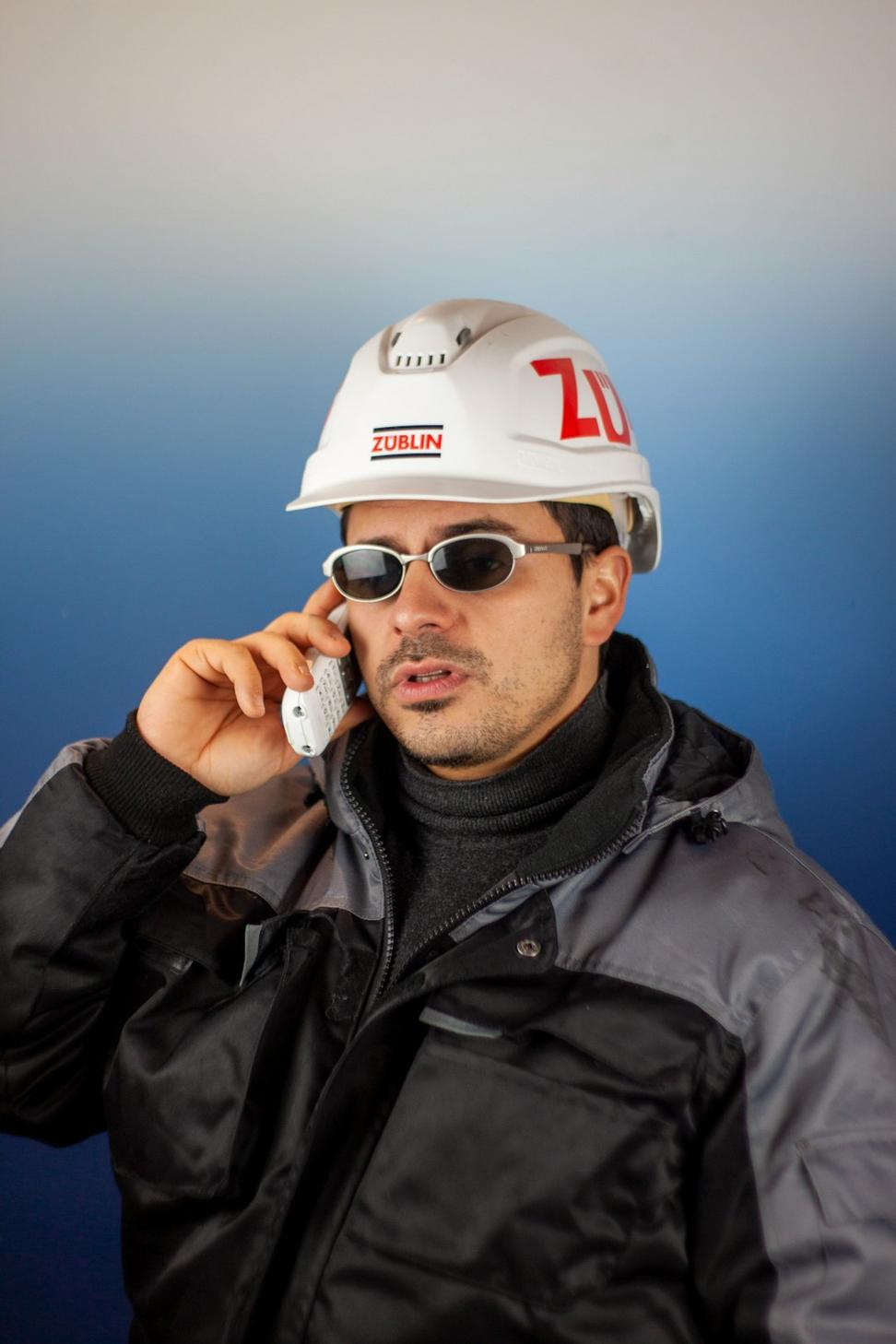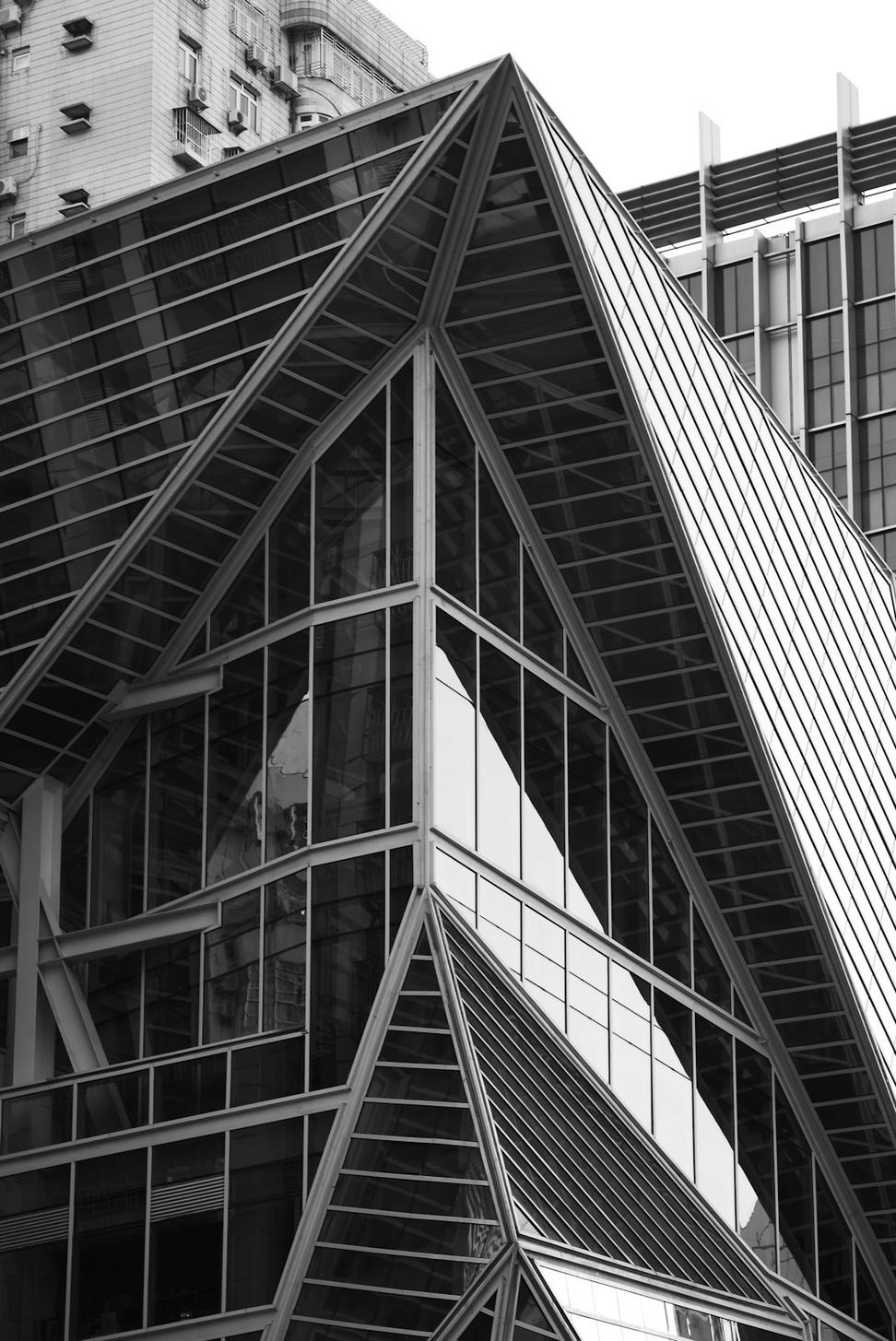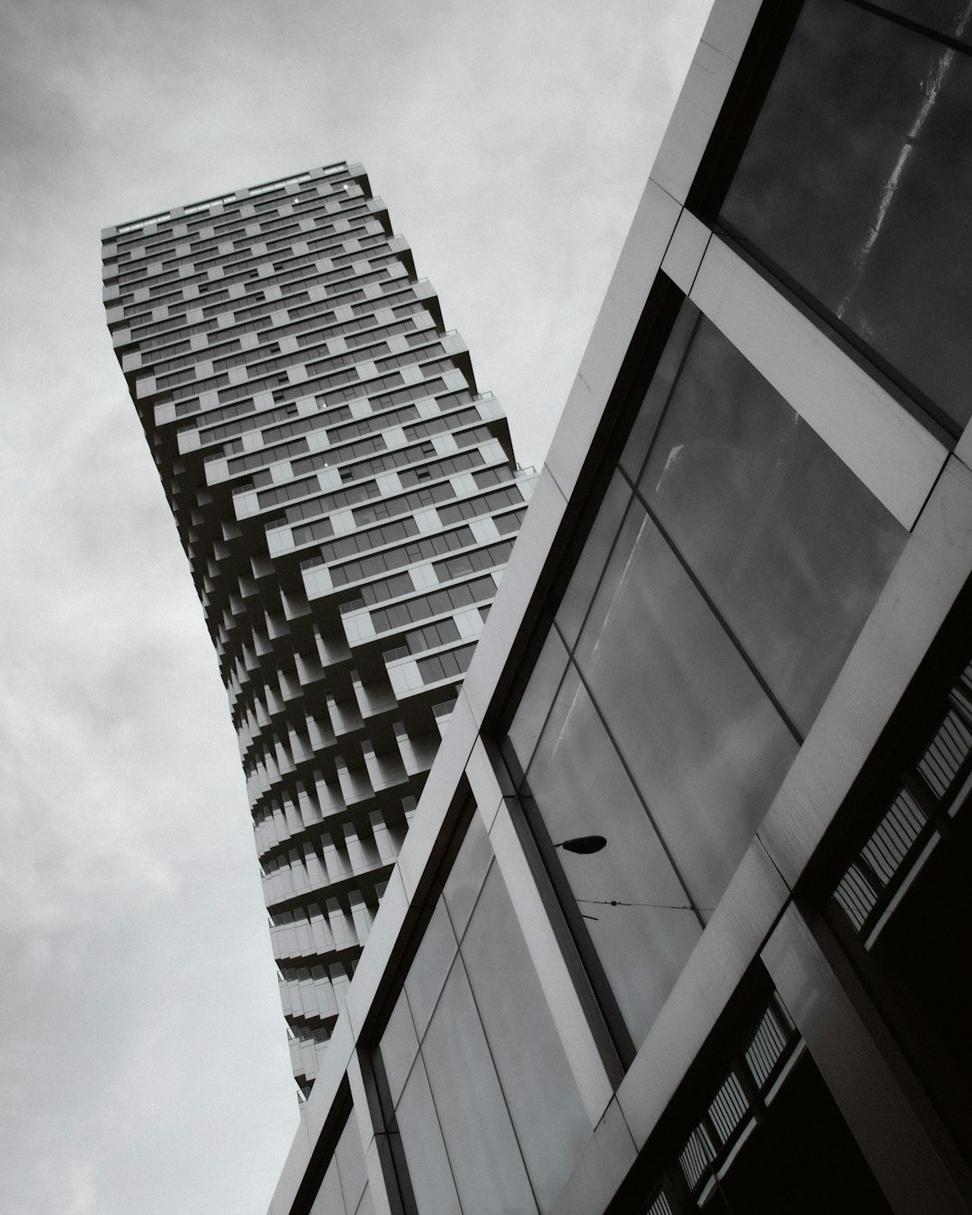How we got started
Back in 2018, I watched a commercial warehouse go up in flames on the news - one that could've been saved with proper design. That hit different, y'know? Spent years working in conventional architecture firms, but kept seeing the same pattern: fire safety as an afterthought, ticked boxes on compliance sheets.
So yeah, we decided to flip that script. Started Ignis Warden with a simple idea - what if fire resistance was baked into the design from day one? Not just meeting codes, but actually thinking about how buildings behave when disaster strikes.
These days, we're lucky to work with clients who get it. People who understand that cutting corners on safety isn't actually saving money - it's gambling with lives.
